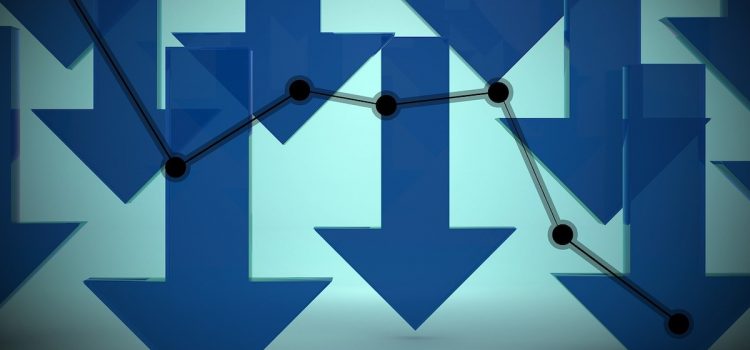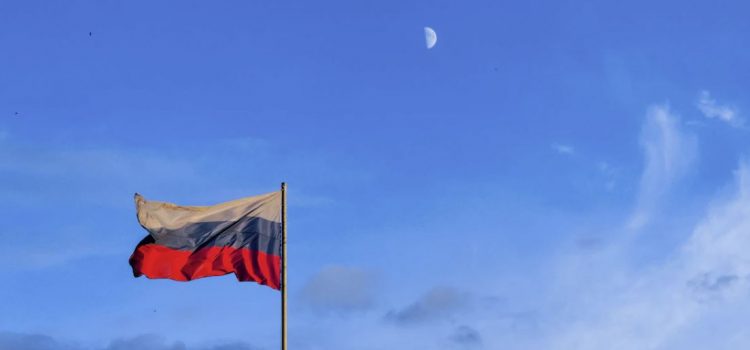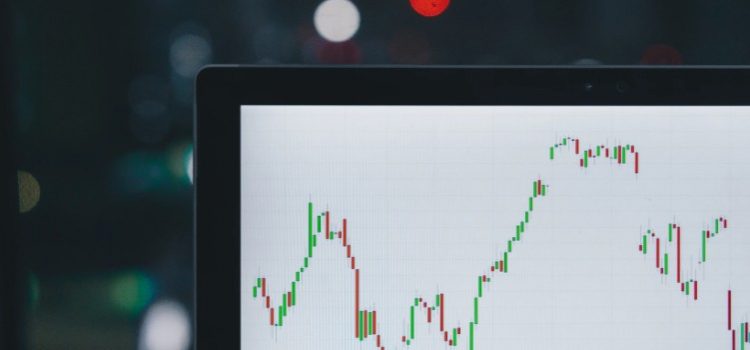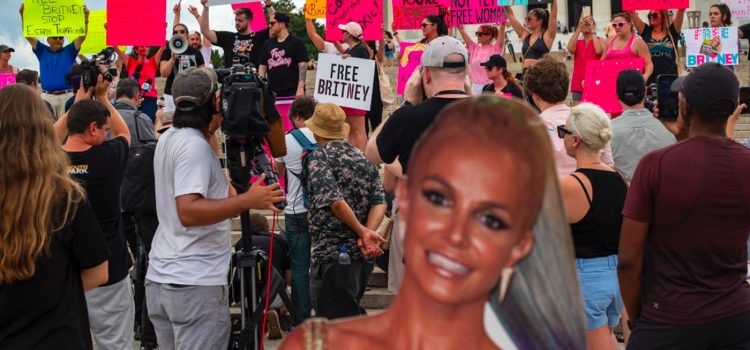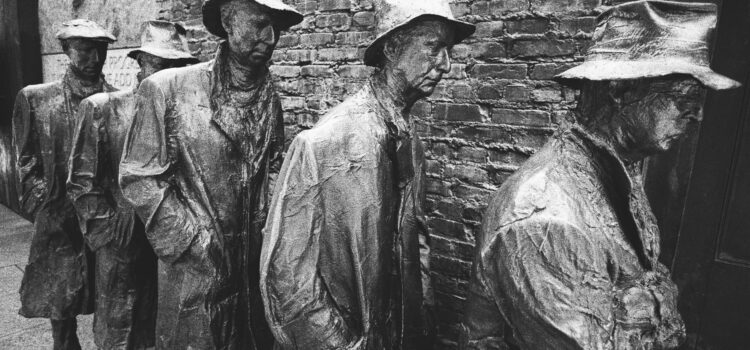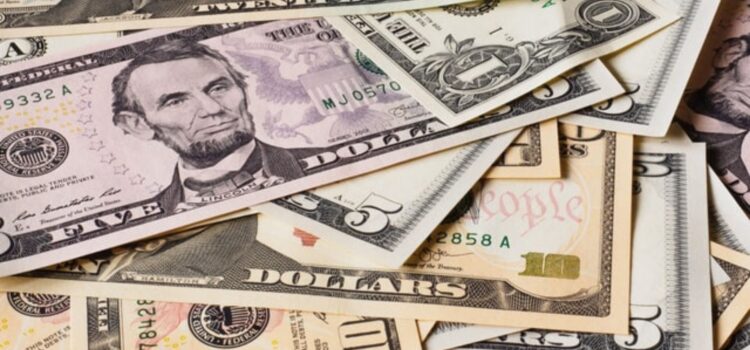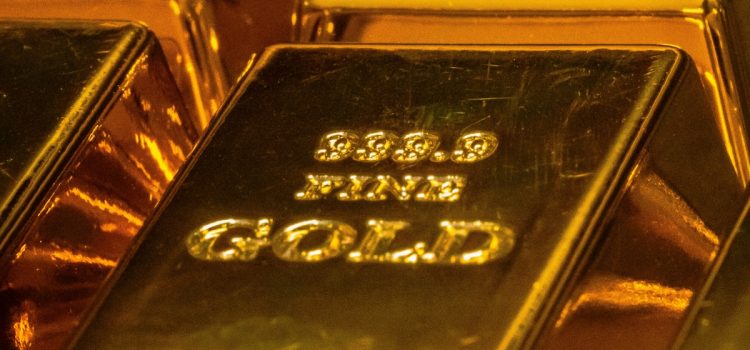What was the 1997 Asian economic crisis? How did the crisis affect LTCM? Several Asian countries experienced a currency collapse in 1997. The crisis eventually found its way to the US, affecting several hedge funds, including LTCM. Here’s how the 1997 Asian economic crisis led to the collapse of LTCM.
1997 Asian Economic Crisis: How LTCM Was Affected
